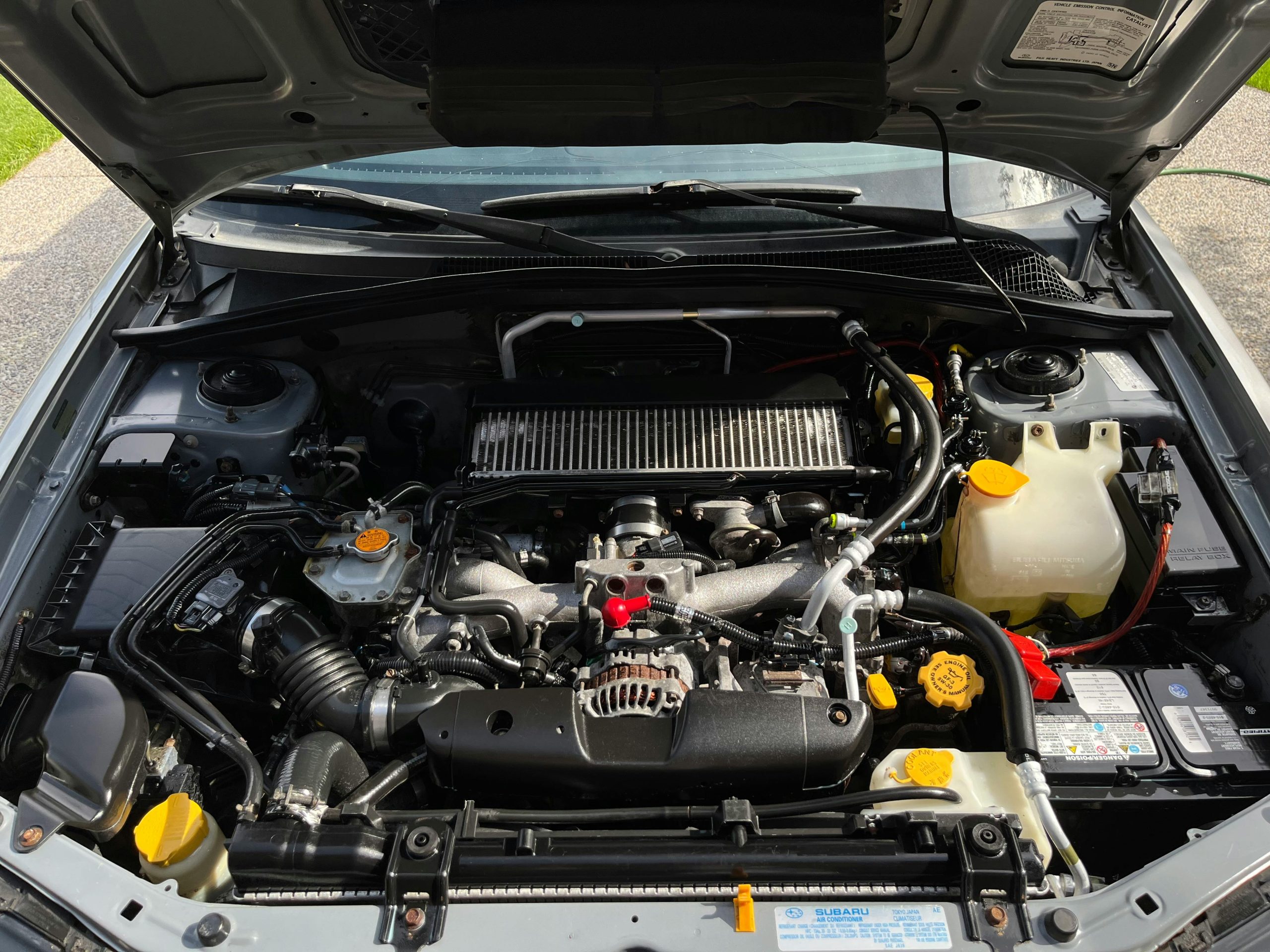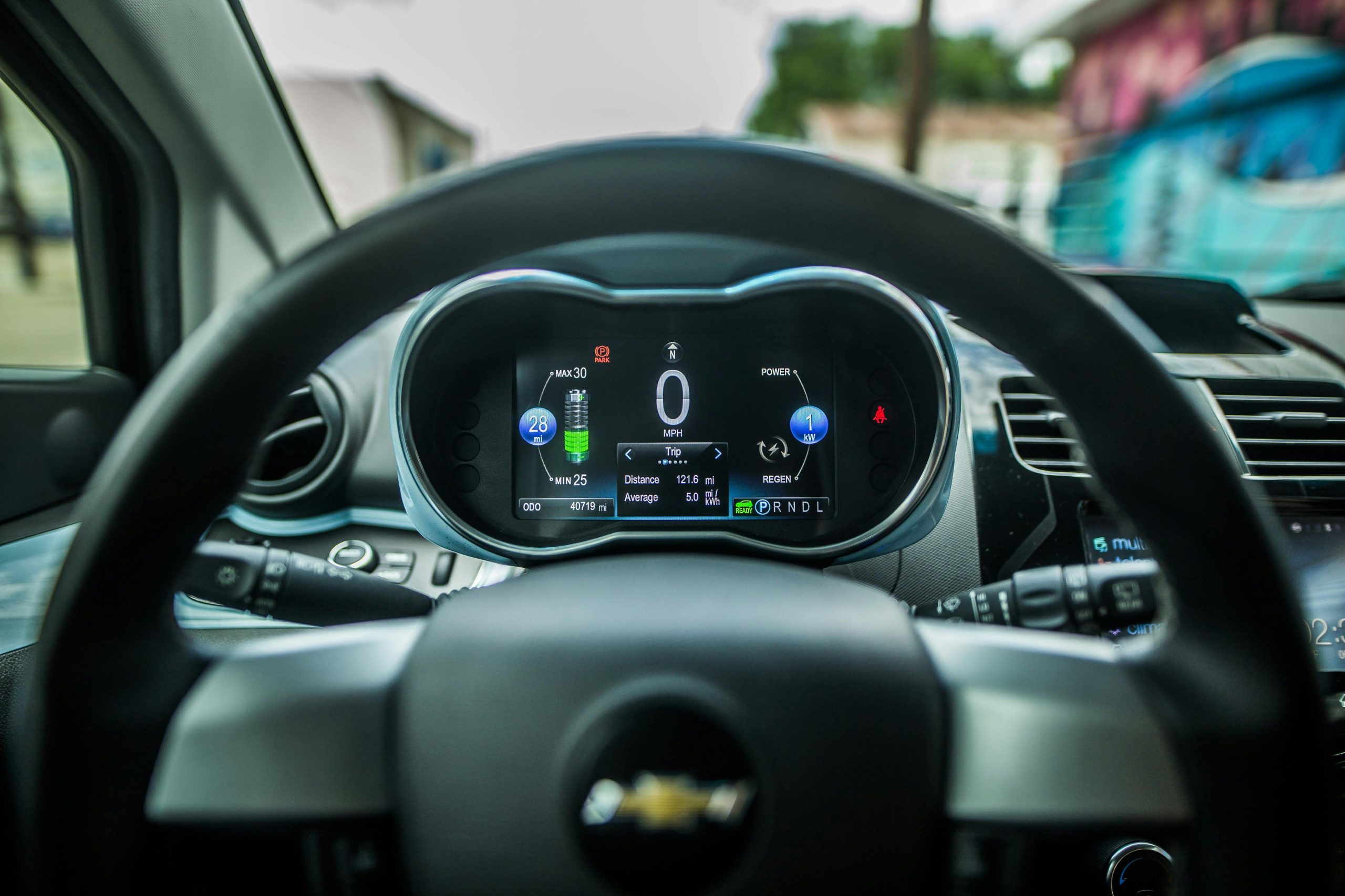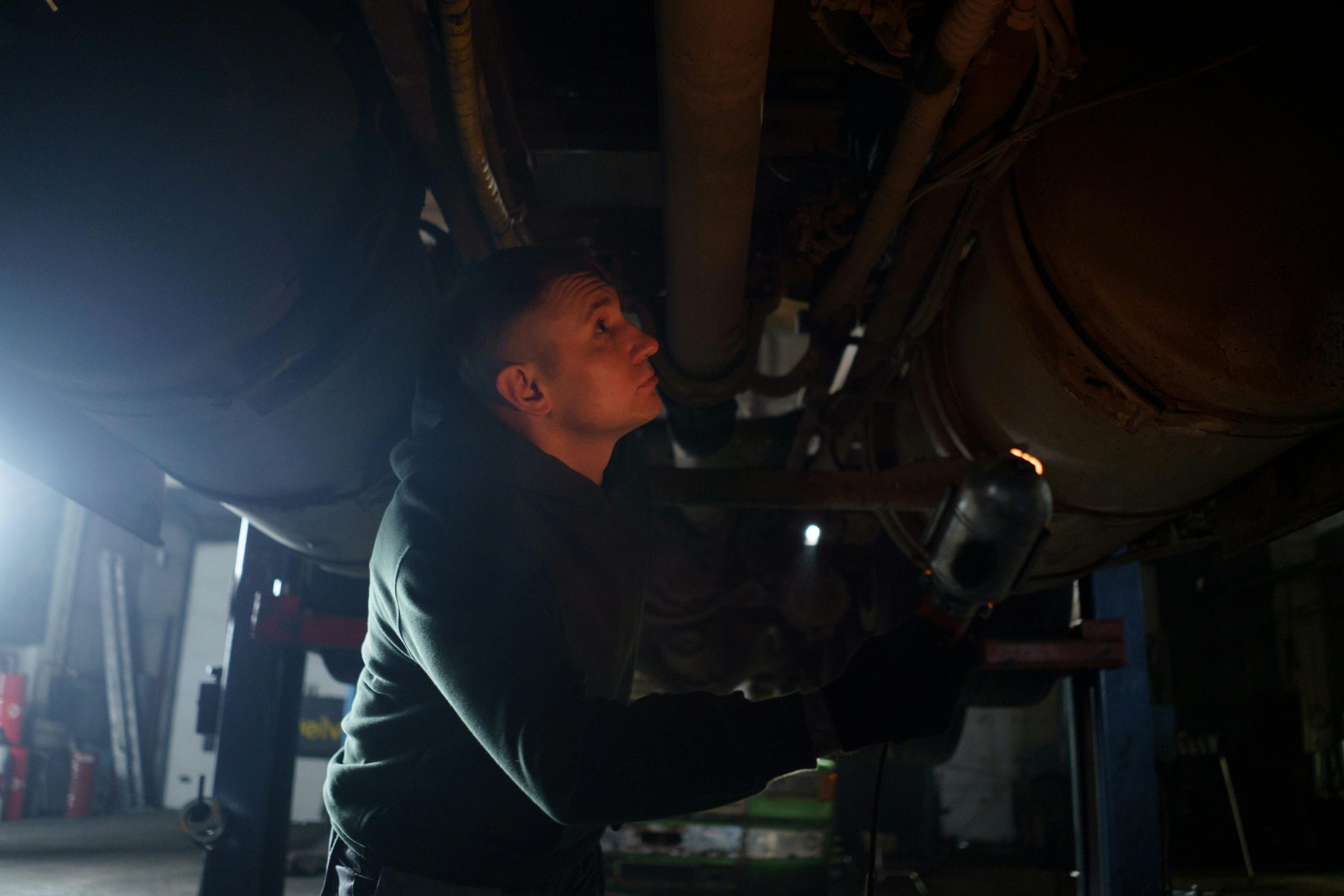Driving should be a smooth and enjoyable experience, but strange noises coming from your car, especially when turning, can be unsettling.
Not only is this an annoyance, but it might also be a warning sign of a bigger issue.
In this article, we’ll explore the common causes of these noises, how to identify them, and what steps you can take to solve the problem.
Common Reasons Your Car Makes Noise When Turning
If you hear unusual sounds when turning, it’s important to pinpoint the type of noise and its source.
Here are some of the most common causes:
1. Worn-Out CV Joints
The constant velocity (CV) joints are essential parts of your car’s drivetrain. They connect the transmission to the wheels, allowing them to rotate and steer.
Over time, the protective boots around the CV joints can crack, allowing grease to leak out. This leads to wear and tear, causing a clicking noise when you turn.
2. Power Steering System Issues
Your car’s power steering system helps you turn the wheel effortlessly. If the power steering fluid is low or the pump is failing, you might hear a whining or groaning noise while turning. This is often accompanied by stiff or jerky steering.
3. Faulty Suspension Components
Parts of the suspension system, like ball joints or bushings, can wear out over time. When this happens, you might hear a clunking noise when turning. This noise usually occurs when the suspension struggles to handle the weight shift during a turn.
4. Wheel Bearing Problems
Wheel bearings allow your wheels to spin smoothly. When they become worn or damaged, you may notice a grinding or humming sound when turning. This issue typically worsens with speed.
5. Tire Issues
Uneven tire wear or underinflated tires can cause noises while turning. If you hear a squealing sound, your tires might be slipping due to poor traction or improper alignment.
How to Identify the Noise
To fix the issue, you first need to figure out what’s causing it. Follow these steps to diagnose the problem:
- Listen Closely
- Pay attention to the type of noise (clicking, whining, clunking, or grinding).
- Note when the noise occurs—only when turning, or also when driving straight?
- Check the Location
- Try to identify where the noise is coming from—front, rear, left, or right side of the car.
- Inspect for Visible Issues
- Look for obvious problems, like leaking fluid, worn-out tires, or damaged CV boots.
- Test Drive Carefully
- Drive slowly in an empty area and make controlled turns to recreate the noise.
How to Solve It
Once you’ve identified the source of the noise, it’s time to address the problem.
Here’s how to fix some of the most common issues:
1. Repair or Replace CV Joints
- If the CV joints are damaged, you’ll likely need to replace them. This is a job best left to a mechanic, as it involves removing the axle.
2. Refill or Replace Power Steering Fluid
- Check the power steering fluid level and refill it if it’s low. Use the type specified in your owner’s manual.
- If the fluid is dirty or smells burnt, a power steering flush might be necessary.
3. Fix Suspension Components
- Worn ball joints, bushings, or tie rods should be replaced to eliminate clunking noises.
- Have your suspension inspected by a professional to ensure all components are in good condition.
4. Replace Wheel Bearings
- Faulty wheel bearings should be replaced as soon as possible to prevent further damage to your car’s wheels and suspension.
5. Check and Adjust Tires
- Rotate your tires and ensure they are properly inflated.
- If the tires are unevenly worn, consider replacing them and getting a wheel alignment.
Preventative Tips to Avoid Future Noises
Regular maintenance can help you avoid costly repairs and keep your car running smoothly.
Here are some tips to prevent turning-related noises:
- Inspect CV Boots Regularly: Look for cracks or leaks and replace damaged boots promptly.
- Check Power Steering Fluid: Maintain proper fluid levels and replace it as needed.
- Monitor Suspension Health: Pay attention to unusual sounds or vibrations from your suspension system.
- Maintain Tires: Keep your tires properly inflated and rotate them every 6,000–8,000 miles.
- Schedule Regular Maintenance: Regular check-ups by a mechanic can catch problems early.
When to See a Mechanic
While some minor issues can be addressed at home, others require professional help. Visit a mechanic if:
- The noise persists after addressing common causes.
- You’re unsure about the problem’s source.
- You notice other symptoms, like difficulty steering or vibrations.
Final Thoughts
Strange noises when turning are often a sign of underlying issues with your car’s drivetrain, suspension, or steering system. By identifying and fixing the problem early, you can avoid more serious damage and ensure your car remains safe and reliable. Remember, regular maintenance and quick action are key to keeping your vehicle in top condition. If in doubt, always consult a trusted mechanic.



